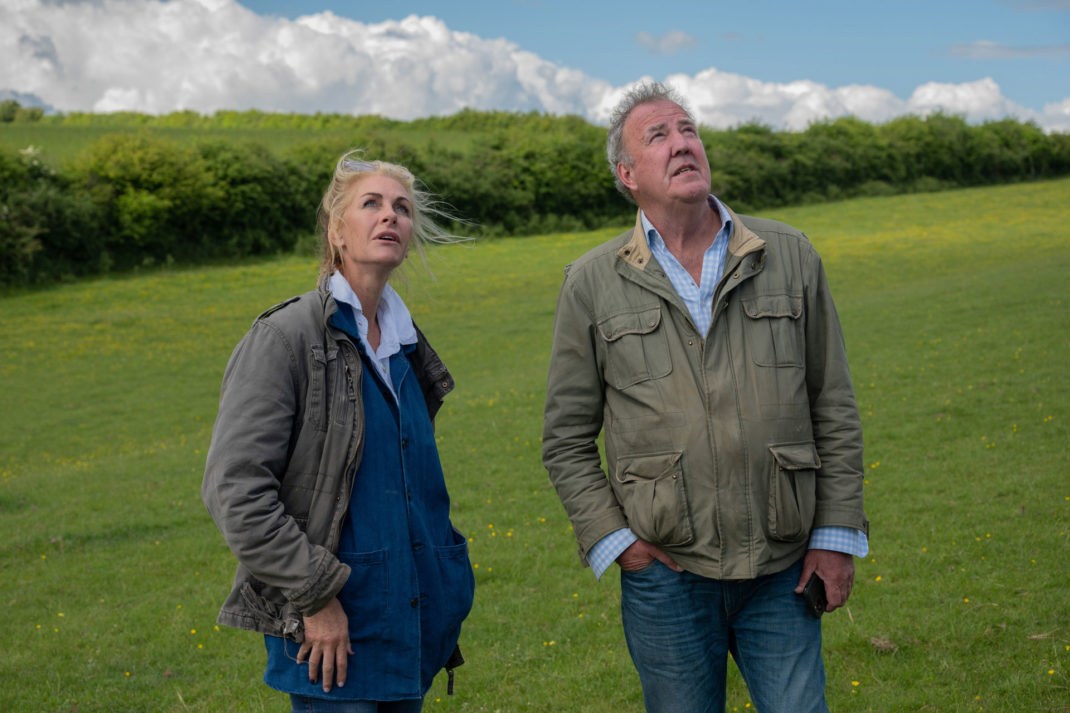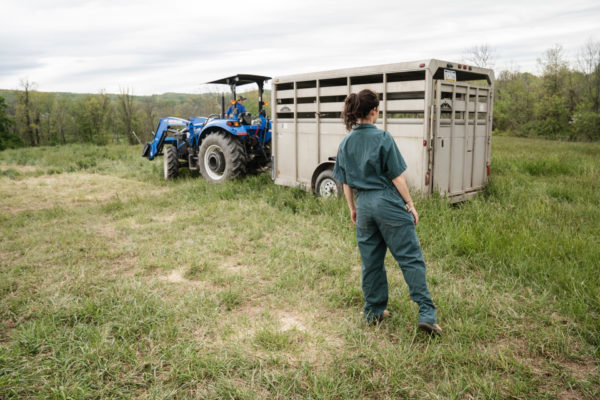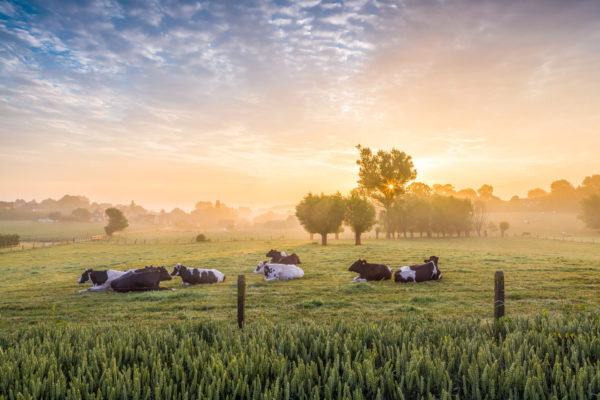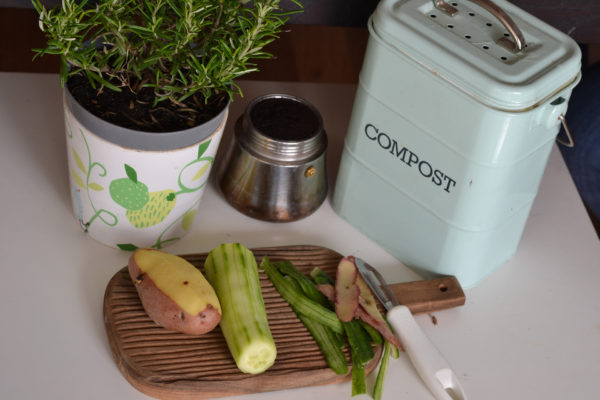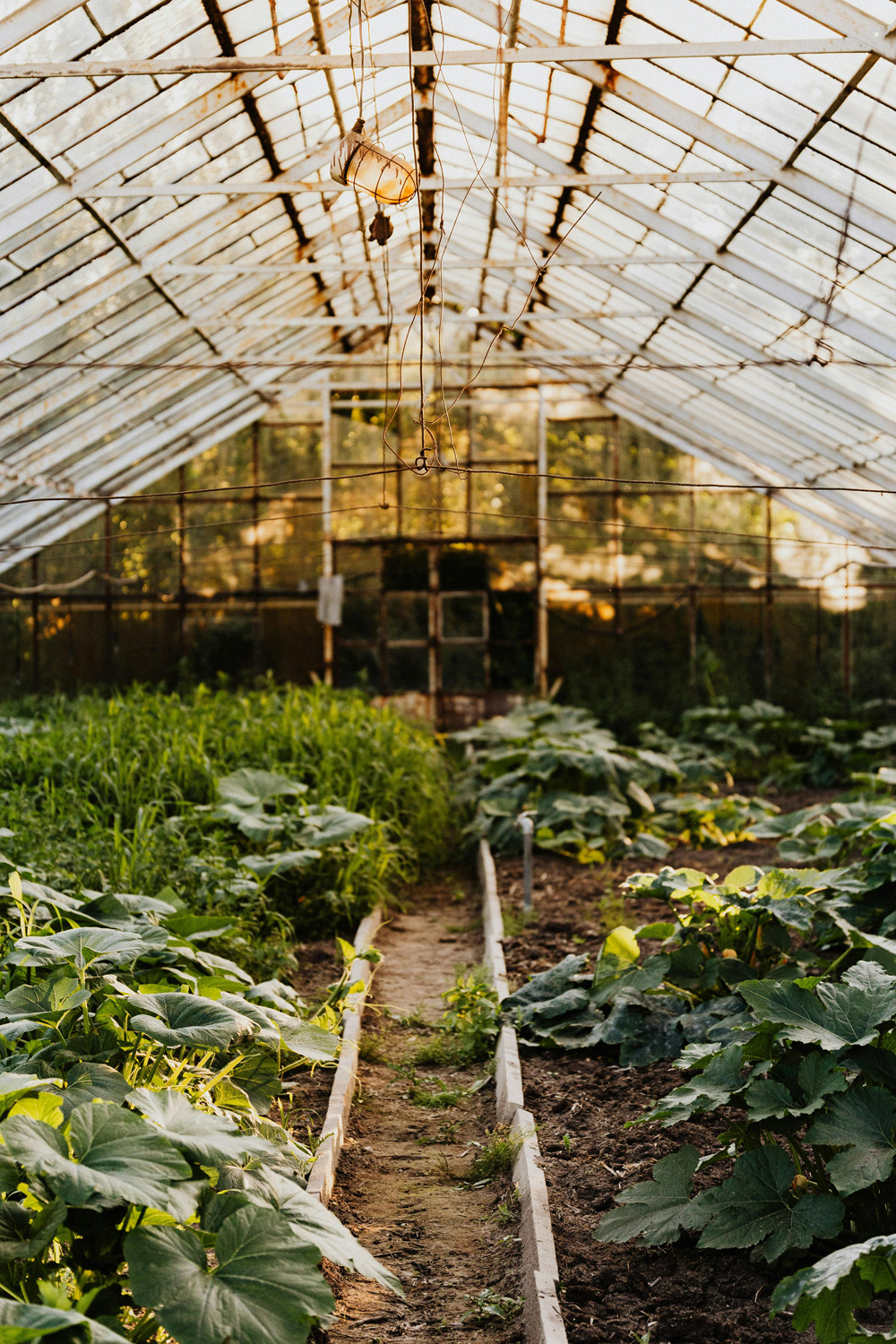
Why Is Education On Food Provenance So Important?
By
4 months ago
A petition is campaigning to get agriculture on the school curriculum
In our monthly column, husband-and-wife duo John and Jenny Jefferies will give us some insight into life on their south Cambridgeshire farm. John is a farmer, while Jenny is a food writer, having penned books like For The Love Of The Land. They’re both passionate about British farming, and will share their expertise with C&TH on a bi-monthly basis. This January, they delve into why food education is so crucial.
Food and Farming With the Jefferies: Food Provenance
As a farmer one thing that always strikes me, sadly, is the absence of knowledge of food provenance and where and how food is produced. The modern food supply chain does seem to be broken, and the consumer seems to be even further from the British producer. So, what have I said there? What is food provenance – and how can we change the direction of travel?
I recall when I was at agricultural college, we spoke at length about ‘added value’. For us, 40 years ago, this was enhancing the quality of your product to gain either better market access or better value. The modern food system now seems to use added value as a lever to reduce quality.
Let’s take a ready meal that I – unwillingly – had to buy from a top brand in the high street. It was a curry costing the region of £5, which contained just four pieces of diced chicken. The serving was inadequate and the value for money was dreadful. If time had allowed, I could have easily made a chicken curry for less money. But that is the modern version of added value: taking a chicken breast and making eight or more meals from it – diluting quality and reducing value. Quite the opposite of my recollection from college.
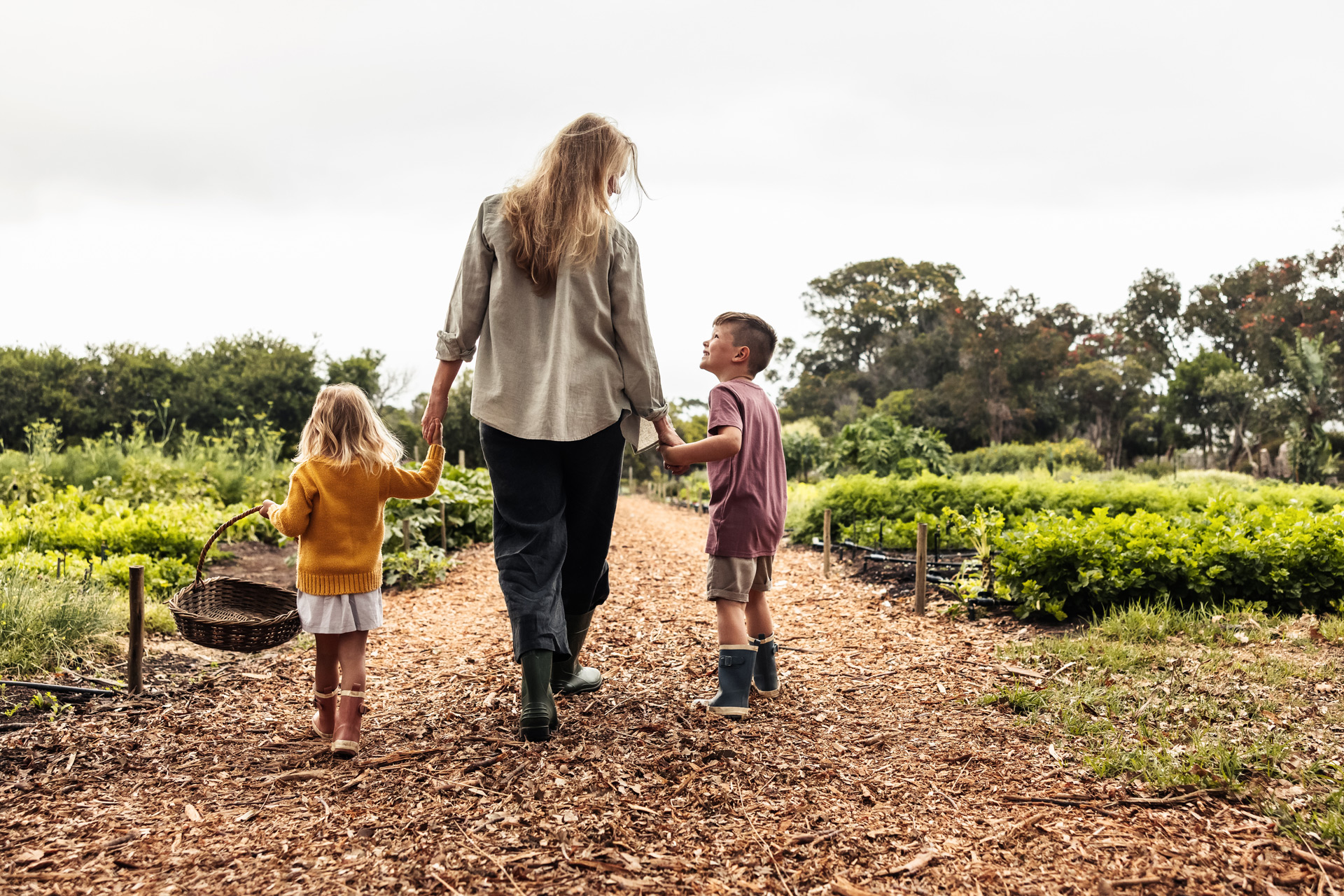
Getty Images
What Needs To Be Done?
To reverse this trend, we need to speak loud and clear through every media about what British farmers can bring to the market. We need to make a point of difference between our produce and that which is imported from unknown food production systems. This needs to start right back at schools. The national curriculum needs to have a module about food, food quality and farming systems.
Similarly, we need to speak and bring messages forward about how to make meals at home on a tight budget. This does need government help too. A vision to improve the health of the nation will reduce the cost to the nation caused by the obesity that the modern ultra processed food diet brings. Home cooked food need not break the bank. But it will always be better and healthier than the processed alternatives.
Olivia Shave of Ecoewe, who won Sustainability Champion of the Year in the first ever National Women in Agriculture Awards in 2024, has initiated a petition to embed food, farming, and sustainability education into the UK’s national curriculum. ‘Food is not just fuel – it’s the foundation of our health, our communities, and our planet,’ she says. ‘Yet, the UK government’s failure to properly value agriculture and integrate sustainable farming practices into education is not just a disservice to farmers, it’s a grave mistake that puts the future of our children at risk.
‘By overlooking agriculture in policy and education, the government is biting the hand that feeds it; failing to meet even the most basic human needs, as outlined in Maslow’s Hierarchy of Needs. This petition calls on the government to integrate food farming, sustainability, and food literacy into school curricula, empowering future generations with the skills and knowledge they need to thrive in a rapidly changing world. Without this, we are failing to equip young people with the tools to ensure long-term health, security, and a sustainable future.’
Keen to help make a difference? You can get involved by signing the petition today, joining the initiative to make food education a priority. Together, we can create a healthier, and more sustainable world for everyone.
Find out more at jennyjefferies.co.uk



